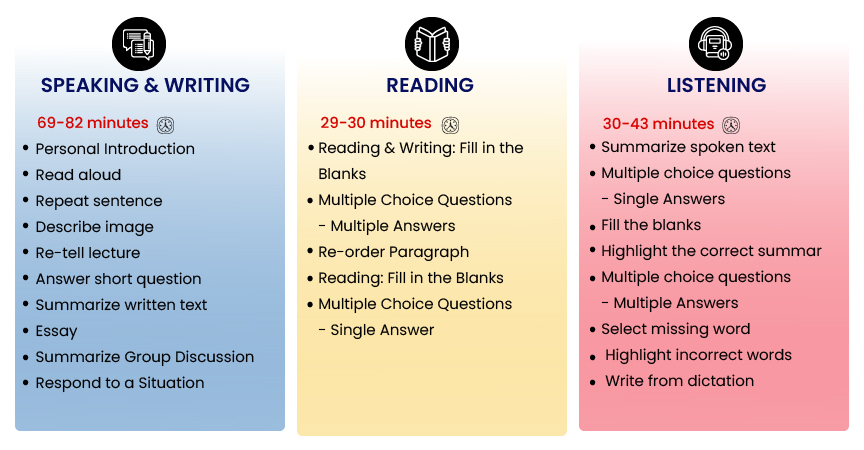German Possessive Pronouns Made Easy: Best Tips and Tricks

Strong 8k brings an ultra-HD IPTV experience to your living room and your pocket.
Learning German can be both exciting and a bit challenging. One area that often confuses beginners is German possessive pronouns, which can be tricky to master at first. The first time you see mein, dein, ihr, you think of them as random words. But they are not. Instead, they are logical. Things will make more sense once you pass the “Why is everything gendered?” stage. It only takes the right effort. So, you do not need giant charts or rules. You can rely on this article to explore some quick tips. So, you must follow this guide to use possessive pronouns in German.
How to Use Possessive Pronouns in German Correctly?
Are you struggling with German possessive pronouns? You can use this easy-to-follow guide to break it all down with helpful tips. Read the sections below to explore helpful tricks and examples to make learning a breeze!
Tip 1: Know the Role of Gender and Case
So, German nouns have genders more like the grammar gender—masculine, feminine, neuter. But it is also fun once you get into it. In English, you only say a word. In German, you must think: Is this word masculine? Feminine? And what case is it in?
If you hear about the nominative, that is your subject. Then, there is the accusative, which is usually the object. At first, learning German possessive pronouns feels like a lot. But you do not need to master everything right away. For instance, you can focus on the nominative and the accusative in the beginning. Honestly, you will make blunders many times. But that is how you learn.
Tip 2: Use Real-Life Examples
You must use stuff you know to practice possessive pronouns in German. It can be people, objects, or things surrounding you. The thing is: You must not only learn these sentences. Instead, you should feel them happening.
In short, you can make your practice so much easier with real-life examples. Thus, you must learn the concepts of German possessive pronouns by drawing instances from your life. Moreover, your memory works better when it absorbs ideas from the surroundings.
Tip 3: Practice Through Speaking and Writing
The best way to get possessive pronouns in German is to use them. At first, you may be unable to distinguish between mein and dein. But then you try something different. For instance, you can write a few lines about your family. “Das ist mein Vater. Seine Arbeit ist stressig.” This approach is a simple technique, and it helps.
Moreover, you can talk to yourself out loud, something like: “Mein Handy ist alt,” “Meine Bücher sind überall.” Flashcards can also be a lifesaver as they help you learn German possessive pronouns. You can use them for five minutes on the bus or before bed.
Quizzes are another way to learn possessive pronouns in German. For instance, you can use Duolingo or Memrise. The point is that you should not only study the pronouns. Instead, you should use these words in your head, out loud, or on paper. At some point, words like mein, dein, sein, stop being scary. Instead, they start feeling natural. That is when you know it is working.
Tip 4: Prepare for Nominative Case
So, you are learning possessive pronouns. You can start with the nominative case because it is the easiest. These include words like “my,” “your,” and “his.” These show who owns what, and they usually stand as the subject.
Many students start studying these words from a textbook, which never works. Hence, they must prepare wisely. This approach to learning German pronouns can help them a lot.
Once the nominative feels natural, you can move on to more complicated topics. Accusative comes next. It is a bit trickier as it deals with direct objects. Then comes dative. That one is for indirect objects. Lastly, you can learn genitive.
Tip 5: Practice with Sentence Templates
Sitting with your notebook and learning German can take forever. Studying German articles can be a nightmare. Hence, you can use sentence templates because they help a lot.
You must use sentence templates over and over. Suddenly, things will start to click. Honestly, it is not about being perfect. Instead, it is about feeling the language. Hence, you must practice one small sentence at a time.
Tip 6: Use Mnemonics
You must want to get better at possessive pronouns in German. Using mnemonics can help you a lot. For instance, you can think of “mein” like “mine.” They sound the same. Then comes “dein” — sounds like “thine.” This learning technique may sound weird, but it sticks.
Moreover, you can create a simple story to learn simple words. This approach is way less scary when you use some helpful tricks. Language learning is not perfect, but these mnemonics can save your brain.
Summing It Up
At first glance, Possessive pronouns in German are complex. They have so many endings and rules. But here is the thing: it is not as bad as it looks. You should start with a base. Take one word and work on it. Then, the endings shift. So, you must learn about masculine, feminine, and neuter. Also, you must look for their singular and plural versions. You may make blunders a few times. But this way, you will learn and use the word correctly next time. And as you keep going, you will find yourself getting more comfortable. You will become restful not only learning possessives but German pronouns in general.
Note: IndiBlogHub features both user-submitted and editorial content. We do not verify third-party contributions. Read our Disclaimer and Privacy Policyfor details.







